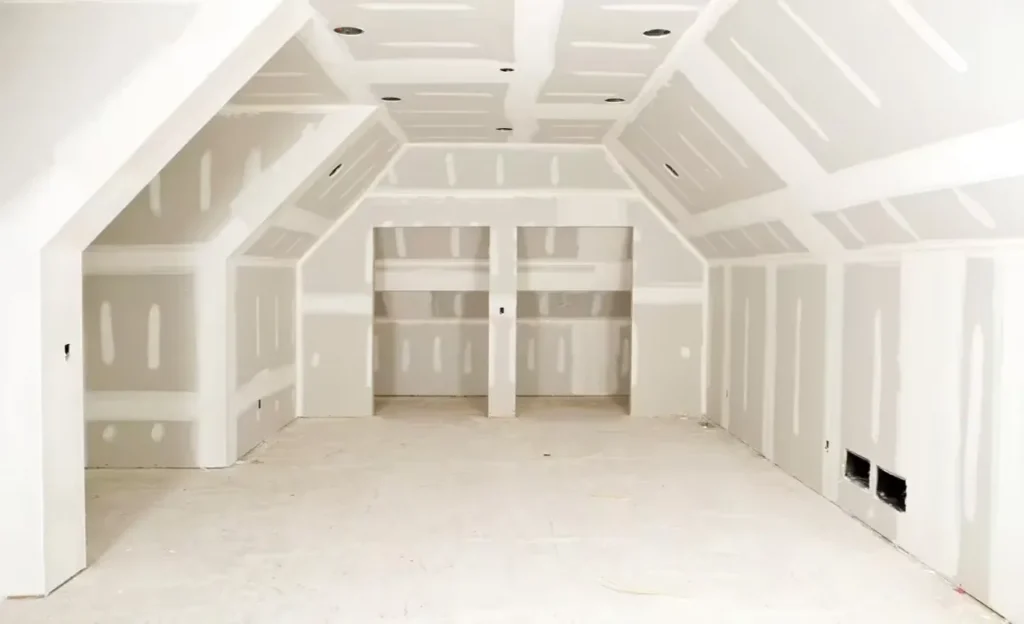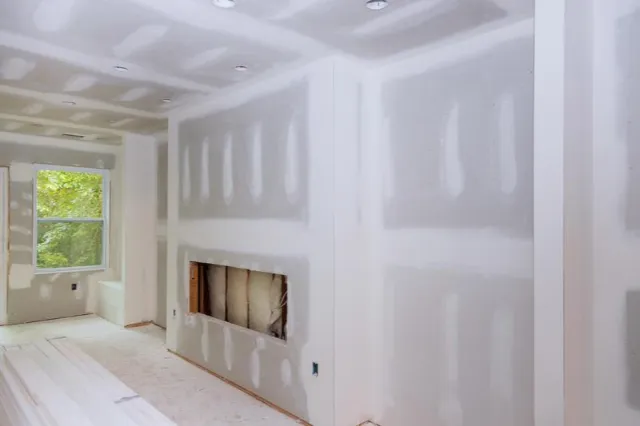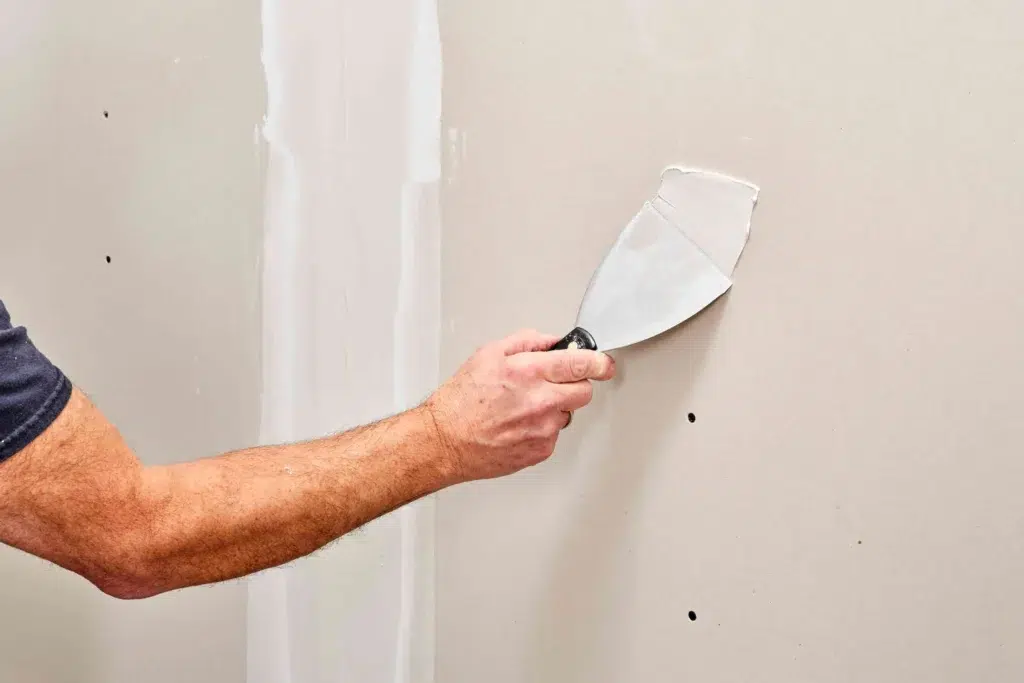Let’s talk about one of the biggest decisions you’ll face during your renovation journey – should you hire a drywall contractor or tackle it yourself? I’ve been in the construction industry for years, and let me tell you, this question comes up all the time. Whether you’re fixing a small hole or finishing your basement, understanding the pros and cons of each approach can save you time, money, and quite possibly your sanity. Today, we’re diving into everything you need to know about the best drywall work, and trust me, some of these insights might surprise you!
When to Hire a Professional Drywall Contractor
You know those home renovation shows where everything looks super easy? Well, reality can be quite different. A professional drywall contractor brings years of experience and specialized tools to the table.
I’ve seen countless DIY projects turn into contractor rescue missions, especially when it comes to larger spaces or ceiling work. The truth is, professionals can complete in days what might take weeks for a DIY-er, and they’ll likely do it with better results.
The precision required for a flawless finish isn’t something you develop overnight. Professional drywall contractors understand the nuances of different textures, know exactly how much compound to use, and have mastered the art of those invisible seams we all love.
Understanding Commercial and Residential Drywall Installation
Commercial and residential projects are completely different beasts. In commercial spaces, drywall contractors often work with specific fire ratings, sound insulation requirements, and strict building codes. The stakes are higher, and the specifications are more demanding.
For residential work, while the requirements might be less stringent, the attention to detail needs to be impeccable.
Nobody wants to stare at a bumpy wall while relaxing in their living room! This is where having an experienced drywall contractor really makes a difference – they understand how lighting affects the final look and know exactly how to achieve that perfect smooth finish.
Ceiling Repair and Installation Challenges
Oh, gravity – a DIYer’s worst enemy when it comes to ceiling work! Working overhead is exhausting and can be downright dangerous without proper equipment. A professional drywall contractor comes prepared with scaffolding, lifts, and most importantly, the expertise to work safely and efficiently overhead.

DIY Drywall Repair: A Complete Guide
If you’re still thinking about DIY, here’s what you absolutely need to know. Small repairs can be manageable – we’re talking holes smaller than a doorknob. The key items you’ll need include:
- Quality joint compound
- Proper drywall knives (at least 6-inch and 12-inch)
- Sanding blocks and dust masks
- A good utility knife
- Patience… lots of patience!
Remember though, even seemingly simple repairs can quickly become complicated if you discover underlying issues or if the damage is worse than initially apparent.
Professional Drywall Services vs DIY
Let’s get real about costs and time. While hiring a drywall contractor might seem more expensive upfront, consider the hidden costs of DIY: tools you’ll need to buy, materials you might waste through trial and error, and the value of your time. Plus, professionals often get better prices on materials and can complete the job much faster.

So, Is DIY Worth It?
From my experience, the answer is pretty clear – unless you’re dealing with minor repairs, hiring a drywall contractor is usually the smarter choice. Not only will you get better results, but you’ll also save yourself from the frustration of trying to achieve that professional-looking finish that only comes with years of practice.
The truth is, new drywall work is as much an art as it is a science. While DIY might save you some money on paper, the expertise and efficiency a professional brings to the table often make hiring a drywall contractor the more cost-effective choice in the long run. Trust me, your walls (and your stress levels) will thank you!
FAQ
Q: How much more expensive is hiring a drywall installer compared to DIY?
A: While a professional installer might cost more upfront, they often save you money in the long run by avoiding material waste, working efficiently, and preventing costly mistakes that need fixing later.
Q: Can I patch small holes in my drywall myself?
A: Yes! Small holes (doorknob-sized or smaller) are usually manageable DIY projects. Just make sure you have the right tools and compound for the job.
Q: What's the difference between drywall and gypsum board?
A: They’re actually the same thing! Gypsum board is just the technical term for drywall, which is made from gypsum plaster pressed between two thick sheets of paper.
Q: Do I need special tools for a drywall project?
A: Yes, you’ll need specific tools like drywall knives, a utility knife, sanding blocks, and proper compounds. Professionals already have these specialized tools and know how to use them effectively.
